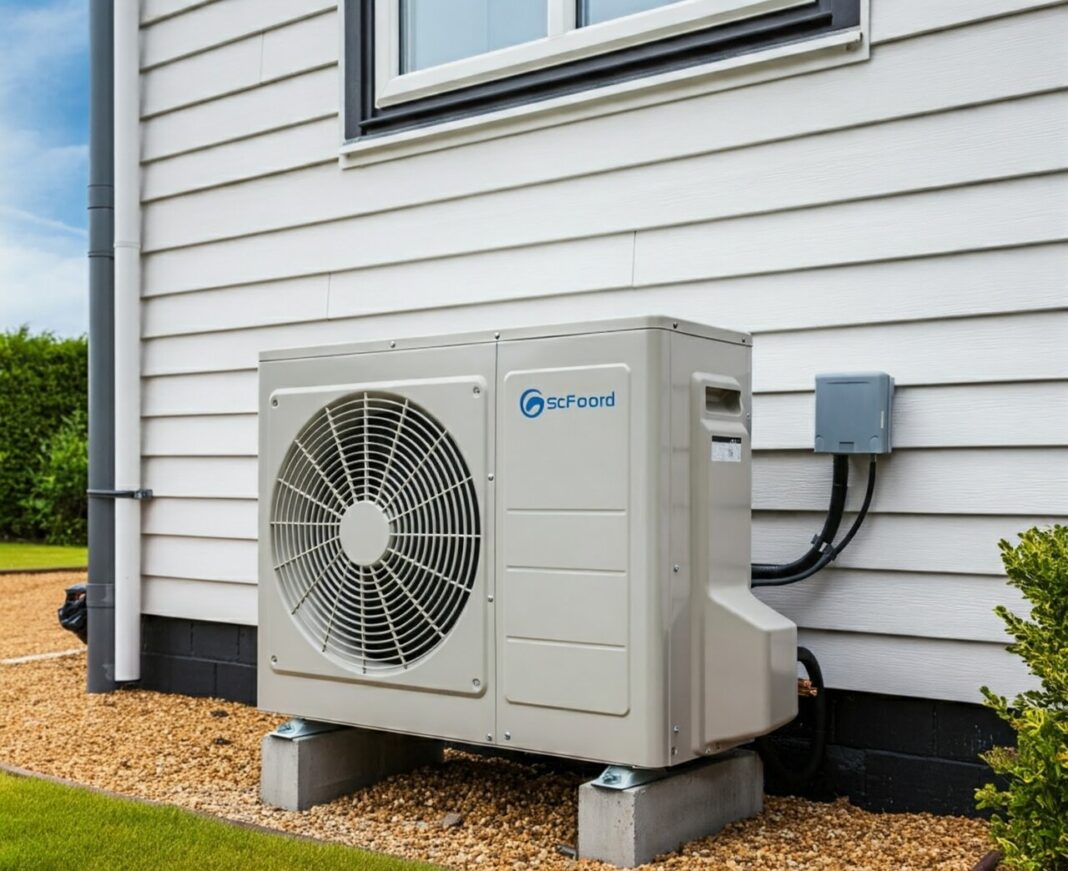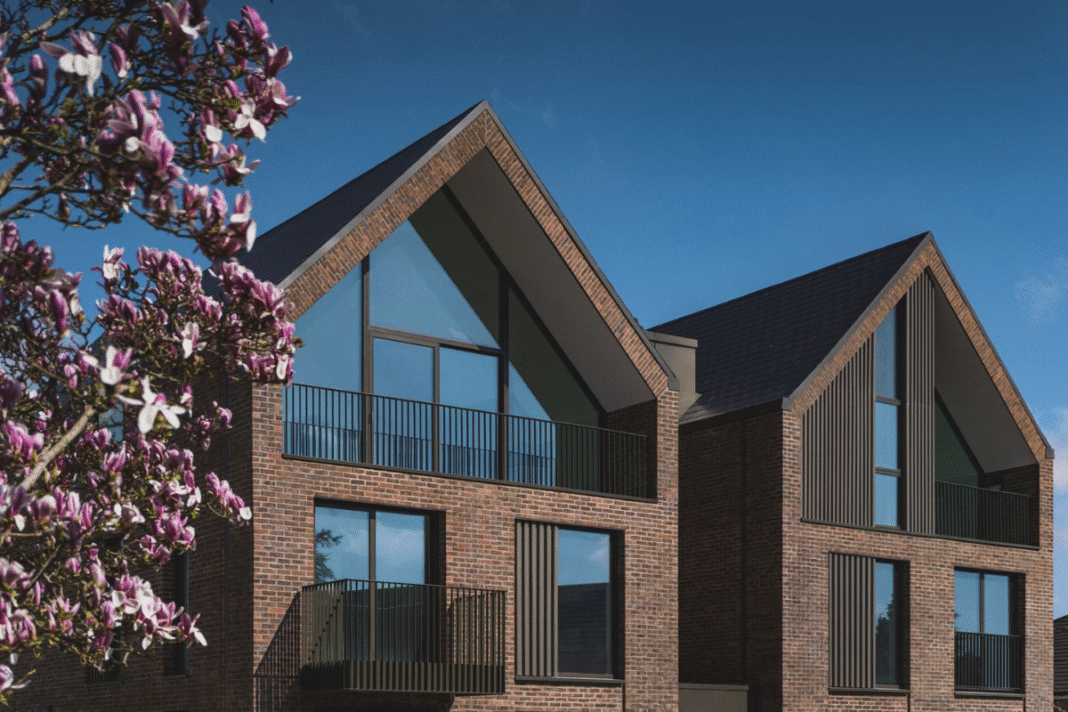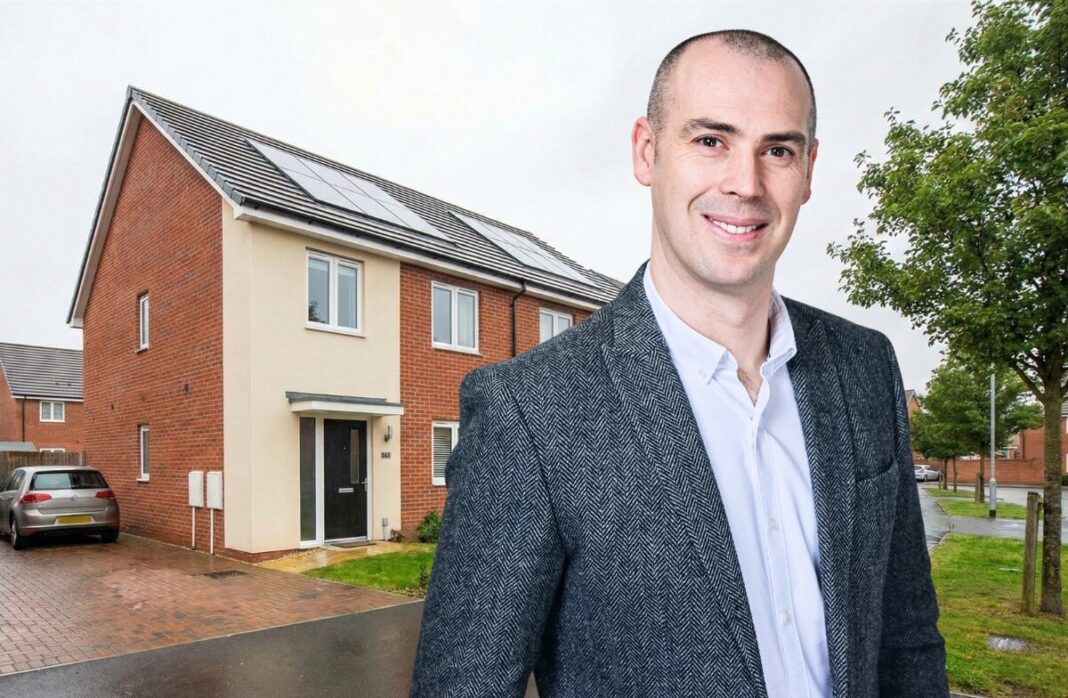Only a fraction of the Government’s flagship heat pump target is being met, according to new figures showing a significant shortfall.
Analysis by Hewer Facilities Management indicates that just 5% of the annual air-source heat pump installation goal in England and Wales is being achieved under the Boiler Upgrade Scheme (BUS).
Ministers are aiming for 600,000 installations a year by 2028. But a review of publicly available data from the Microgeneration Certification Scheme shows that an average of 36,167 units have been installed annually in the three years since the grant programme launched in 2022.
The numbers highlight the scale of the challenge facing the Government’s wider decarbonisation strategy and come as the scheme itself is believed to be under review.
GRANTS TIGHTENING
The BUS, which replaced the Domestic Renewable Heating Incentive, offers grants of up to £7,500 and is only accessible through MCS-certified installers.
Despite delivering more installations in three years than its predecessor did in eight, industry figures expect grant eligibility to be tightened, possibly limited to lower-income households or those receiving benefits.
Regional trends show the strongest adoption in the South West, South East and Wales, each recording over 16,000 installations since 2022.
London has lagged behind, with some boroughs performing worse than any region in England or Wales. East Lindsey in Lincolnshire is the best-performing local authority area, with nearly 2% of households installing a heat pump under the grant; Kensington and Chelsea is the weakest, at just 0.04%.
MORE TO BE DONE

Stuart Hesk, director at Hewer, said: “The data highlights that the BUS grant is a better solution than its predecessor.
“This is most likely down to the way in which the scheme allows claimants to access the funding. The DRHI was paid in instalments whereas the BUS grant is paid in one lump sum, directly to installers.
“Although we are seeing year on year increase in installations, the figures suggest that there is still more to be done, especially if we as an industry want to support the roll out and the UK’s transition to greener energy technologies.
“In this instance changing the BUS eligibility criteria could be a backwards step, however there are other challenges that need to be addressed too. These include filling a shortfall in the workforce, educating consumers on best use practices, reviewing energy costs and tariffs, and reform to red tape, which is hampering the roll out, especially in vulnerable communities such as those living in social housing.”
HORROR STORIES
He added that the lack of standardised installer qualifications “is a likely cause of many of the horror stories regarding poor installations and high running costs”, and called for closer cooperation between manufacturers and action to reduce electricity prices.
Hesk added: “The UK is one of the leading global parties in the transition away from fossil fuels, and technologies such as air source heat pumps have huge potential. I
“f industry and government can work together to raise installation standards, simplify support schemes and bring down electricity prices, we can unlock far greater public confidence and accelerate installations at scale.”









